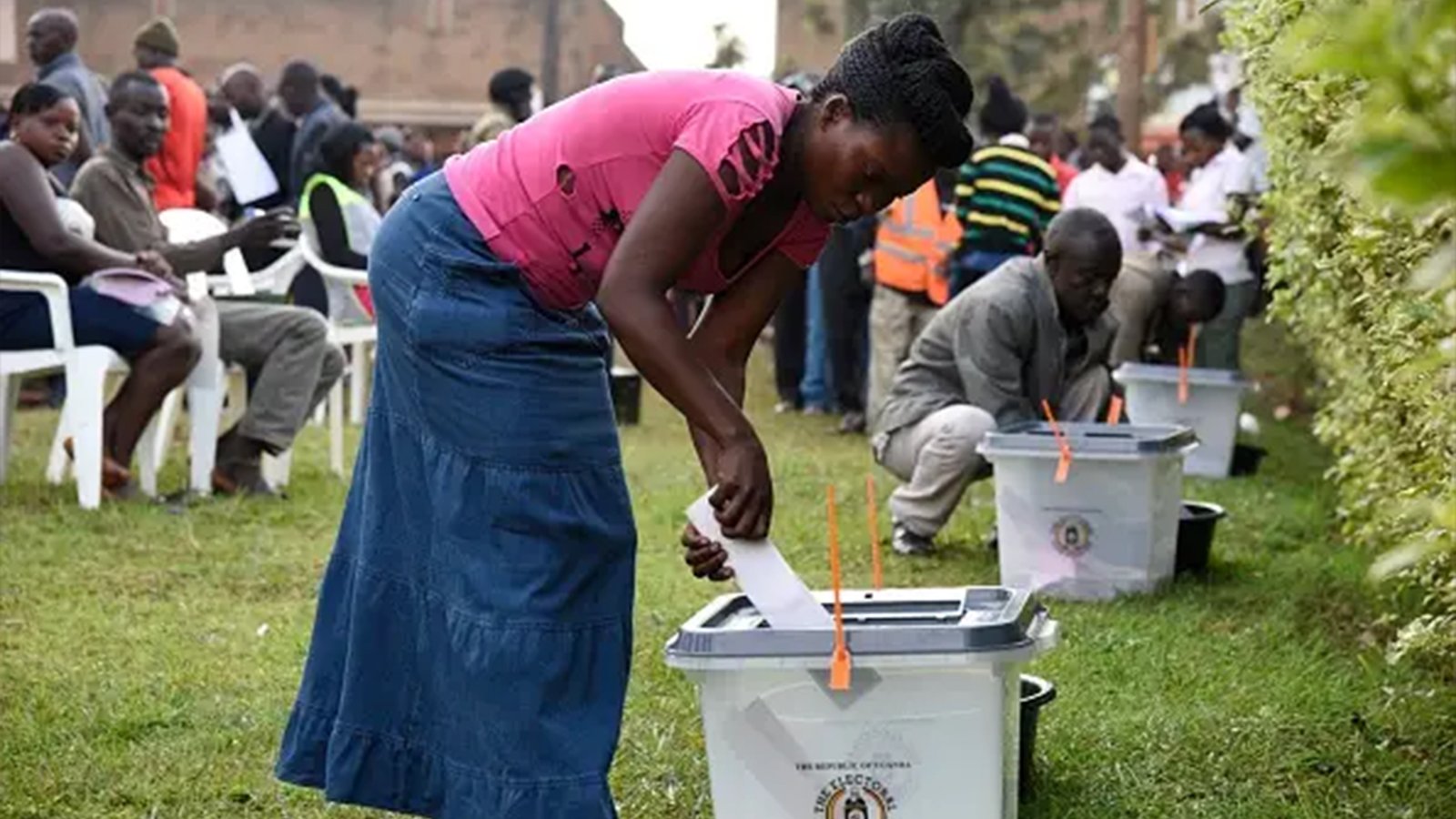The Electoral Commission has set January 15, 2026, as the polling day for presidential, parliamentary, and local government elections, marking the climax of Uganda’s 2026 general election calendar.
The announcement was made by Electoral Commission Chairperson Justice Simon Byabakama during a media briefing at the Commission headquarters in Kampala.
Byabakama said the declaration followed the successful nomination of presidential candidates and the upcoming nominations for parliamentary aspirants across the country.
Latest
Byabakama Warns Political Parties Over Disorganized Flag-Bearer Endorsements
Uganda to Receive $2 Billion in New World Bank Funding — Goobi
A Friend of Uganda’: Lawmakers Honor Raila Odinga’s Legacy
Democratic Front to Cover Nomination Fees for Parliamentary Aspirants
Uganda, Indonesia Pledge Stronger Cooperation in Trade, Minerals, and Education
Ssenyonyi Condemns Security Bias, Mao Demands Evidence in Election Law Abuse Claims
Uganda Embassy Clarifies: Abbey Mwesigwa Is Not Ugandan
NUP Picks Florence Asio To Face Anita Among for Bukedea Woman MP Seat After Rival Disqualifications
Kenyan Businesswoman Charged in $255,000 Gold Scam
FDC’s Fungaroo Says NRM Still Counting Gaps, Not Gains, in Northern Uganda
Ruto Hails Raila Odinga as a Pillar of Kenya’s Democracy
Embrace “Power of Persuasion,” Not Money — Rev. Kodia Pays Tribute to Raila Odinga
He explained that campaigns for all elective positions will officially end on January 13, 2026, to allow for the mandatory 48-hour campaign silence period before polling.
“The presidential polling will take place on the 15th of January 2026. This means that campaigns for all elective positions will officially end on January 13, 2026, in accordance with the law,” Byabakama said.
The EC chairperson commended presidential candidates and their supporters for conducting peaceful campaigns since nominations began on September 29. He described the process as smooth and orderly and urged all political actors to maintain peace as campaigns gain momentum.
He also warned candidates against the use of sectarian or inflammatory language, urging them to focus on issues that unite Ugandans.
“Uganda shall forever be, with or without elections. Let us avoid language that promotes hatred and instead foster unity,” Byabakama cautioned.
Byabakama further clarified that the nomination fee for parliamentary aspirants is Shs3 million, payable only through the Uganda Revenue Authority online system and authorized banks. He warned candidates not to carry cash to returning officers or nomination venues.
Aspirants are required to present certified academic qualifications, at least an Advanced Level certificate or its equivalent, two recent color photographs, and evidence of resignation in the case of civil servants seeking elective office.
Campaigns for parliamentary and local government candidates will begin on November 10, 2025, and run until January 13, 2026. Returning officers will meet all nominated candidates between October 24 and 27 to harmonize campaign schedules.
Latest
Lugazi Municipality Officials Charged Over Selling of Government Jobs
Uganda Renews Call For Global Justice and Reform
Minister Mutuuzo Decries Backlash Against Women’s Political Participation
West Nile Leaders Push for Industrial Park in Yumbe as Museveni Campaigns in Region
Uganda Cancer Institute Rolls Out Countrywide Screenings
Museveni Hails Raila Odinga as a Freedom Fighter and Pan-Africanist
The Commission also announced that fresh nominations will be conducted on October 27 and 28 in areas where nominated candidates have passed away since the nomination period closed.
Byabakama reaffirmed the Commission’s commitment to ensuring a transparent, peaceful, and credible electoral process.
“We are determined to ensure that the 2026 general elections are managed with integrity, transparency, and professionalism,” he said.
The January 15, 2026 polls will mark Uganda’s seventh general election since the return to multi-party politics in 2005.





